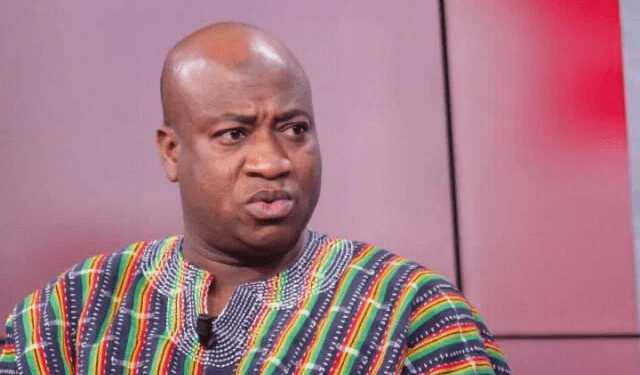The Minister of Environment, Science, and Technology, Ibrahim Murtala Muhammed, has assured Ghanaians that stringent safety mechanisms are in place to regulate genetically modified organisms (GMOs) in the country.
Speaking in an interview with Joy News, the minister emphasized that scientific evaluations are conducted on all GMO products before they are approved for public consumption.
According to him, Ghana has established regulatory agencies equipped with the technological and scientific capacity to assess the safety of GMO foods, highlighting, these agencies certify which genetically modified products are safe for consumption and prevent unapproved ones from entering the market.
“Scientific assessments now provide clear evidence on whether GMO foods are safe or not. If a product does not meet the required standards, the state has the responsibility to ensure it is not imported or used in Ghana,” he stated.
The introduction of GMOs has been a contentious issue in Ghana, with some farmers and civil society groups strongly opposing their use.
Critics argue that GMO seeds make farmers dependent on multinational corporations since they cannot replant harvested seeds, while others fear potential health and environmental risks associated with genetically modified crops.
However, the government has maintained that GMOs could play a critical role in addressing food security challenges.
Minister Murtala Muhammed acknowledged concerns about GMO dependence but revealed that Ghana has begun exploring ways to develop its own genetically modified seeds.
This, he said, would reduce reliance on foreign seed companies while ensuring that the country benefits from biotechnology in agriculture.
He further called for collaboration among key research institutions, including the Council for Scientific and Industrial Research (CSIR) and the Environmental Protection Agency (EPA), to enhance local capacity in GMO research and regulation.
The minister highlighted the importance of public education on GMOs, urging stakeholders, including the media, to help dismiss myths and misconceptions surrounding the technology.
He stressed that while complete avoidance of GMOs might be ideal, practical alternatives must be explored to ensure food security for the nation.
Read More Stories @atlfmnews.com
Source: Comfort Sweety Hayford/ATLFMNEWS




























